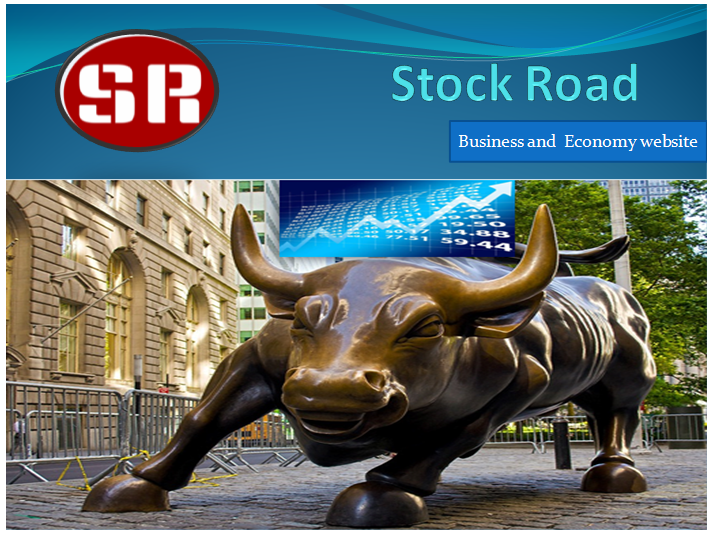
Main Points to be Invest in Stock market
Process of stock market investing-
What is The Stock Market?
A stock market is a marketplace where financial instruments are traded/Deal — these can be stocks, bonds, commodities, among others.
The two primary stock markets in India -
National Stock Exchange (NSE) and the Bombay Stock Exchange (BSE).
The NSE is by far the largest, with over 90% of cash trades. There are also other exchanges for commodities like the Multi Commodity Exchange (MCX) and the Indian Energy Exchange (IEX) for power trading and so on.
The financial instruments to be traded, are regulated by the Securities and Exchange Board of India (SEBI).
The Main common indices in India
NIFTY is a basket of top 50 stocks by market .
SENSEX is a similar index of 30 companies listed on the BSE.
Process of Invest in the Stock Market?
You cannot Deal/Trade directly on the stock market. Firstly Required brokers who are authorised to trade on the market or stock brokerage companies that allow you to trade using their platform.
The Way is simple:
Before investing, you have to open a trading account with a broker or a stock brokerage platform. A trading account is where you actually “trade/Deal” or place the orders.
The broker or the stock brokerage platform opens a demat account for you. A demat account holds the financial securities in your name.
These two accounts are then linked to your bank account.
To open a trading and demat account, you need to provide Know Your Customer (KYC) documentation that includes verification via authorized identity cards such as the PAN card or your Aadhar.
Most brokers and brokerage platforms now have an online KYC process that allows you to open an account in a couple of days by submitting your verification details digitally.
Once open, you can trade with your broker or brokerage company online via a portal or offline via phone calls.
Fees/Charges to Invest -
Transaction Charges: All brokers are paid a brokerage, which is a fee they take to facilitate a trade for you. Apart from brokerage, they also collect taxes and dues paid to the government on each transaction, such as the Securities Transaction Tax (STT), SEBI charges, Goods and Services Tax (GST), among others.
Demat charges: While your broker or brokerage platform opens your demat account for you, they do not operate it. Demat accounts are operated by central securities depositories such as NSDL or CDSL, under the government’s jurisdiction to safeguard your interest. You are expected to pay nominal annual charges (typically collected by your broker or the brokerage platform) to maintain your account. These charges range anywhere between INR 100 to INR 750.
Taxes/Fees: You pay a percentage of your profit from your investments to the government as taxes. For stocks, if you hold them for longer than a year, you pay long-term capital gains tax, which is 10%, and if you hold for less than a year, you pay short-term capital gains tax, which is 15%. Both of these tax rates change based on cess or surcharge charged by the government.
Types of Invest In The Stock Market?
The key financial instruments traded :
Equity shares: Issued by companies, equity shares entitle you to receive a claim to any profits paid by the company in the form of dividends.
Bonds: Issued by companies and governments, bonds represent loans made by the investor to the issuer. These are issued at a fixed interest rate for a fixed tenure. Hence, they are also known as debt instruments or fixed income instruments.
Mutual Funds (MFs): Issued and operated by financial institutions, MFs are vehicles to pool money which is then invested in different financial instruments. Profit from the investments is distributed between the investors in proportion to the number of units or investments they hold. These are called “actively” managed products where a fund manager takes calls on what to buy and sell on your behalf to generate better returns than the benchmark (like the NIFTY).
Exchange Traded Funds (ETFs): Increasingly gaining popularity, ETFs essentially track an index like the NIFTY or the SENSEX. Once you buy a unit of the ETF, you hold a part of the 50 stocks in the NIFTY in the same weightage that the NIFTY holds them. These are called “passive” products, which are typically much lower in cost than MFs and give you the same risk or return profile as the index.
Derivatives: A derivative derives its value from the performance of an underlying asset or asset class. These derivatives can be commodities, currencies, stocks, bonds, market indices and interest rates.

0 Response to " Main Points to be Invest in Stock market "
Post a Comment
Thanks